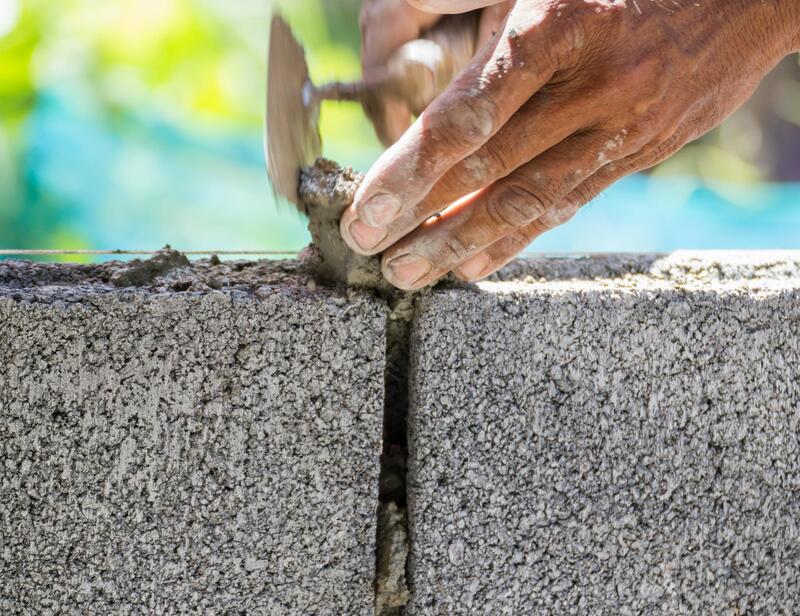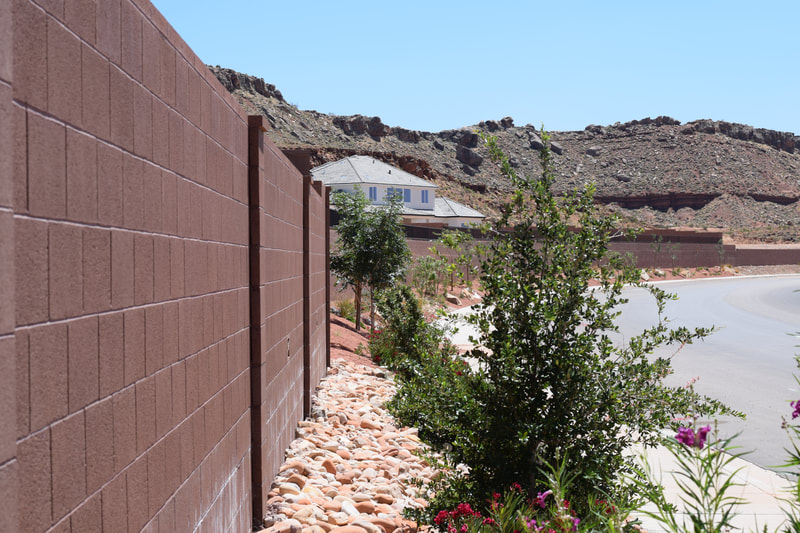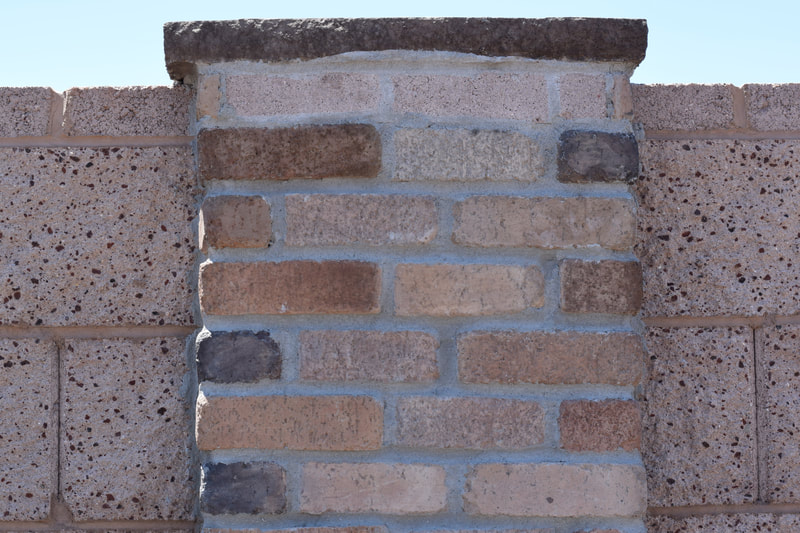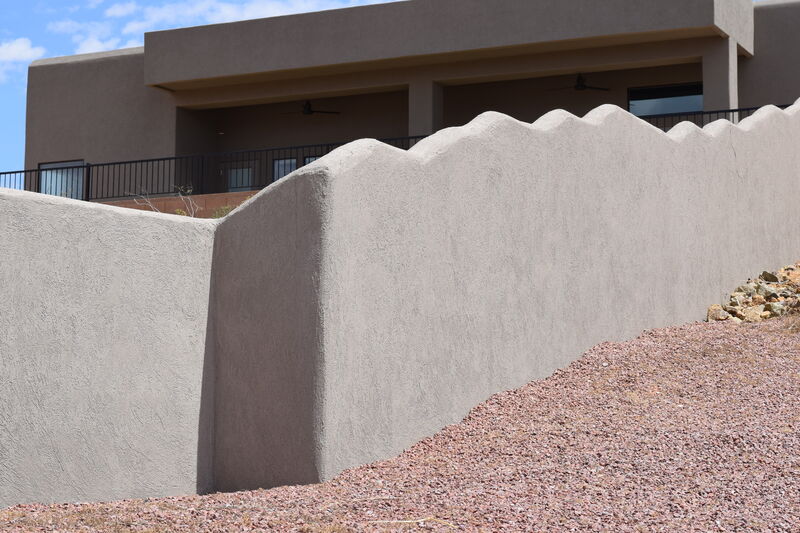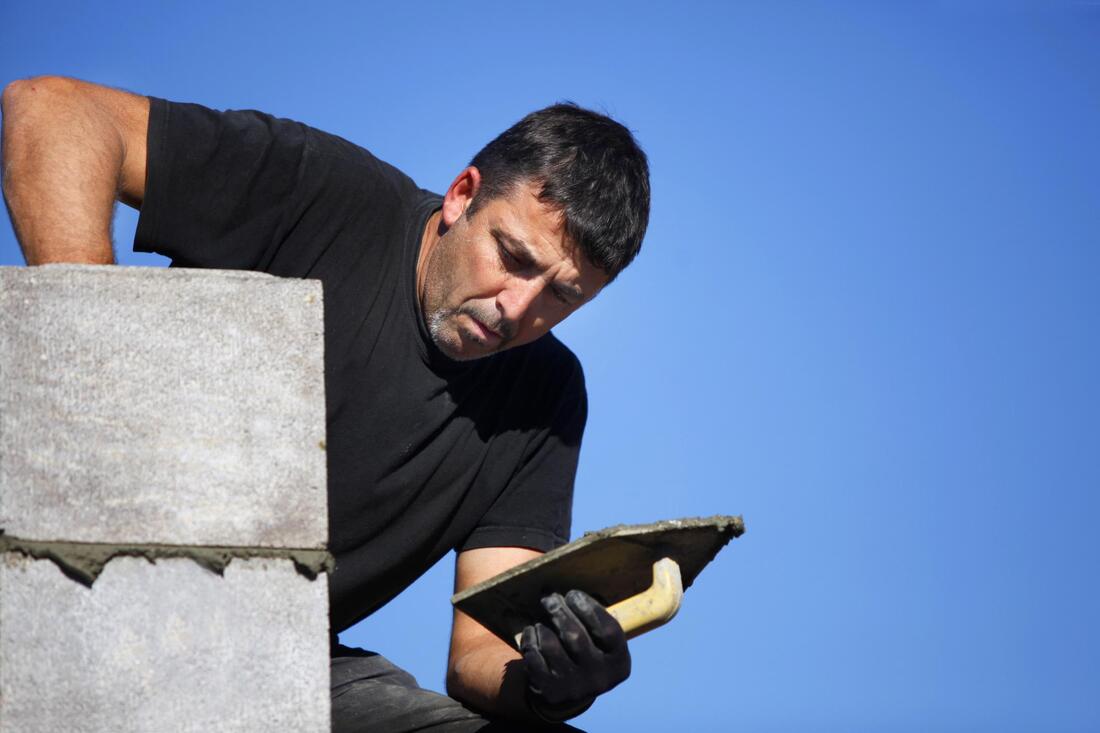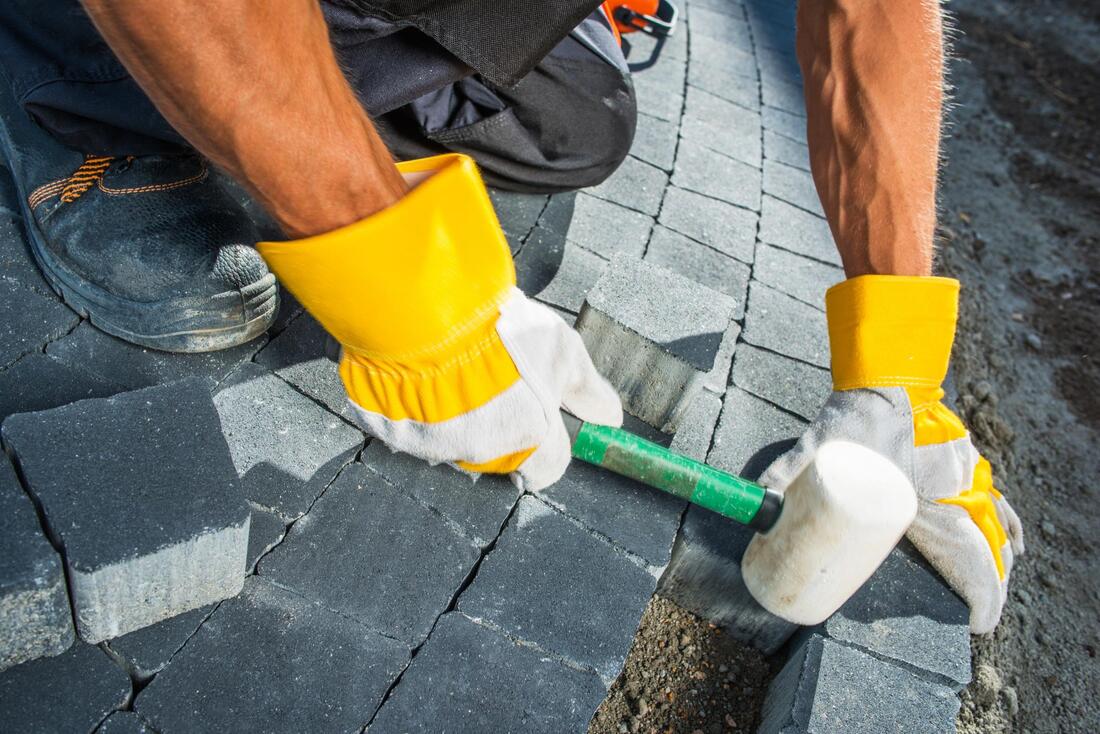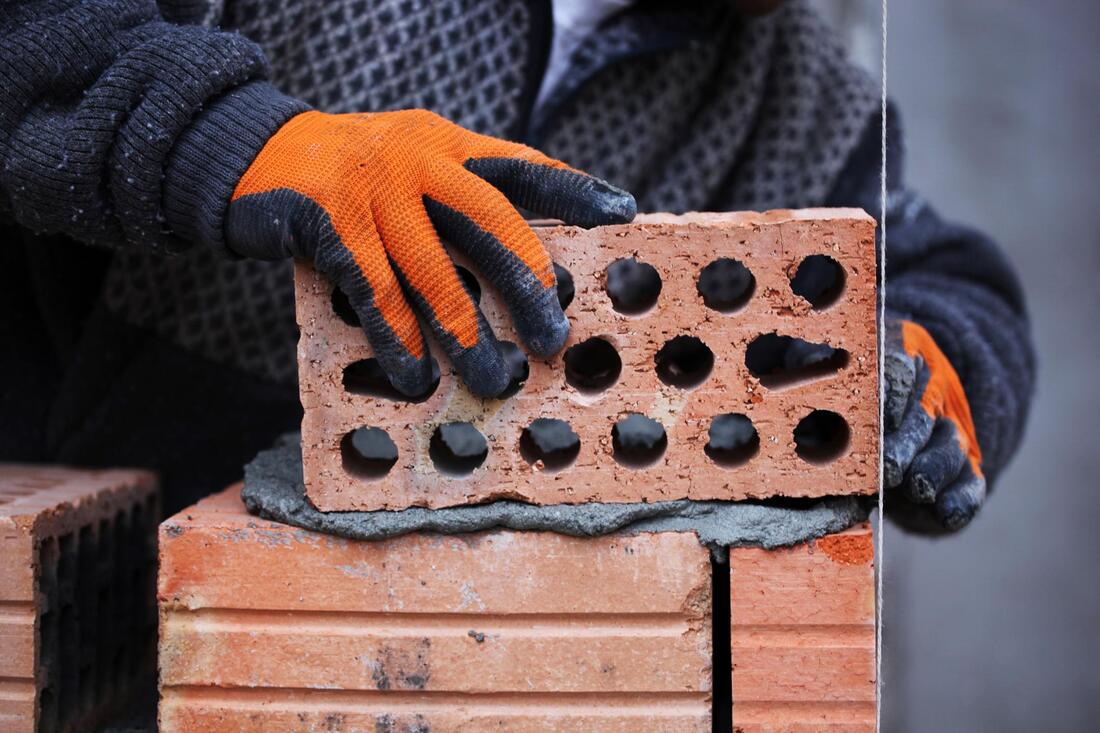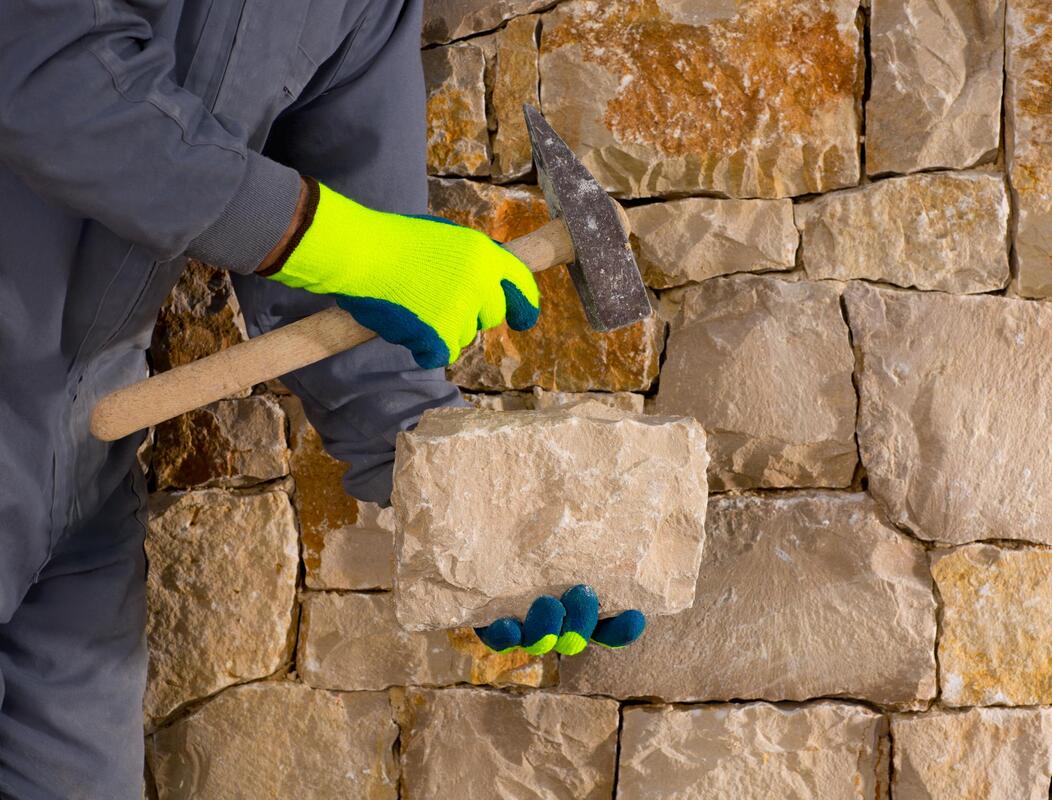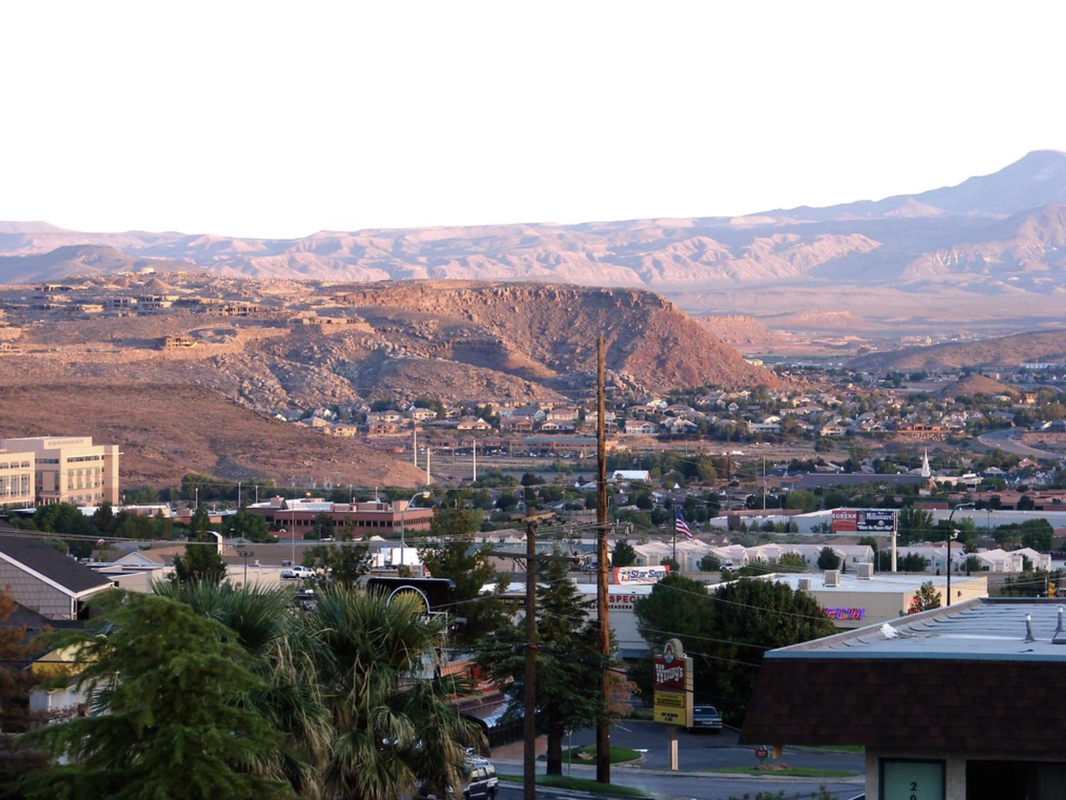St George, UT Retaining Block Wall and Masonry Contractors
Welcome
Walls of all types play an important role in the structure of our properties. From retaining walls, to exterior walls and more, having the right material makeup can ensure that they have the means to endure the pressures they face from the environment, as well as bringing you the strength and resilience you need. Choosing to reach out to the best in local masonry contractors for your installation and repair needs, will ensure dependability.
About Us
St. George Block Wall has been bringing the best in block wall installation, maintenance, repair and restoration to the St. George and Hurricane areas over the course of many years, providing you with the best local masonry contractors. Whether you’re in the process of building a new property and looking for the initial block wall building or find yourself in need of block wall repair, making the choice to reach out to our experts will provide the best outcome. Whether you need the cost of cinder block wall installation or to obtain brick masonry, giving us a call is the first step.
Our Services
The range of services we bring to the St. George and Hurricane area provide you with the capability to get any number of treatments carried out within your property. Whether you need the retaining wall contractor services we provide for an initial installation, or repairs carried out to cinder block wall placements within your property, choosing to make the call to our experts will provide results. We are here to ensure that you have best in local masonry companies providing you with the range of service options necessary to have your work carried out quickly and affordably.
Walls of all types play an important role in the structure of our properties. From retaining walls, to exterior walls and more, having the right material makeup can ensure that they have the means to endure the pressures they face from the environment, as well as bringing you the strength and resilience you need. Choosing to reach out to the best in local masonry contractors for your installation and repair needs, will ensure dependability.
About Us
St. George Block Wall has been bringing the best in block wall installation, maintenance, repair and restoration to the St. George and Hurricane areas over the course of many years, providing you with the best local masonry contractors. Whether you’re in the process of building a new property and looking for the initial block wall building or find yourself in need of block wall repair, making the choice to reach out to our experts will provide the best outcome. Whether you need the cost of cinder block wall installation or to obtain brick masonry, giving us a call is the first step.
Our Services
The range of services we bring to the St. George and Hurricane area provide you with the capability to get any number of treatments carried out within your property. Whether you need the retaining wall contractor services we provide for an initial installation, or repairs carried out to cinder block wall placements within your property, choosing to make the call to our experts will provide results. We are here to ensure that you have best in local masonry companies providing you with the range of service options necessary to have your work carried out quickly and affordably.
Cinder Block WallsFor both residential and commercial properties, cinder block masonry can provide you with the strength and appeal your building needs. When looking for qualified local masonry companies to bring you the installation and repair services you need for this specific building material, making the choice to reach out to St. George Block Wall will bring the experience and expertise necessary for a cinder block wall you can count on for many years to come.
|
Retaining WallsIf you’re looking to find local masonry contractors who are specialized in providing you with retaining wall installation and repair services, choosing to reach out to St. George Block Wall will provide you with an unparalleled level of experience and capability. We established our reputation in the city through providing services of this nature, giving your property the practical and aesthetic benefit required in a quality offering dedicated to providing the right range of choice.
|
“After looking for stone masonry St. George had to offer, I came across St. George Block Wall. I wanted more information on pricing before making a decision and they were really helpful over the phone, giving me the link to their block wall calculator and booking an estimate.” – Steve R.
Brick MasonryFrom exterior walls to chimneys, interior brickwork, pathways and more, we bring the widest range of services to the St. George and Hurricane areas when it comes to brick masonry. We are dedicated to ensuring that you have the best St. George masonry contractors made available to you at all times, working alongside you to ensure that your ambitions are carried out to the highest standards. When you need more than the basic brick works, you can count on us.
|
Stone MasonryFurther expanding our capabilities, you can depend on our block wall contractors to provide you with the best in the stone masonry as well. Whether for interior or exterior needs, choosing to work alongside our professionals will provide you with the widest range choice when it comes to style and design of your stone installations. With affordability at the forefront, your dream stone installation is closer than ever.
|
How much do block walls cost?
Block walls can serve a number of different applications. From commercial or residential, and from being indoors or outside, block walls will be great for their decorative appeal and for their resistance to the natural elements. Accurately estimating a cost can be done by knowing the purpose of the wall, being familiar with local building codes, and being aware of the size and length the wall should take. Each wall will be different in cost because of all of these factors, and the material and type of block you decide to use will also cause the cost to fluctuate. Sometimes a simple calculation can be done to figure out the pricing of constructing a block wall. Determine the amount of material it will take to build the wall, the concrete and forms needed to create the wall's footer to determine the total cost of the block wall.
This will include the cost of concrete, mortar, lumber and blocks in creating the wall However, if this wall is being built on an existing foundation, then a footer is not needed. Consulting local building codes will also help because sometimes cities will require certain features to be installed such as drains.
There are many online calculators that will provide a ballpark cost estimate. Another way if you don't want to do it yourself is by having a contractor survey the area and determine an accurate price that factors in all the materials that will be needed to create the wall.
This will include the cost of concrete, mortar, lumber and blocks in creating the wall However, if this wall is being built on an existing foundation, then a footer is not needed. Consulting local building codes will also help because sometimes cities will require certain features to be installed such as drains.
There are many online calculators that will provide a ballpark cost estimate. Another way if you don't want to do it yourself is by having a contractor survey the area and determine an accurate price that factors in all the materials that will be needed to create the wall.
How high can you build a concrete block wall?
There really is no limit to how tall a concrete block wall can be, but there may be limitations that impede a wall from being any taller. Concrete can be poured up to 32 feet high from cranes, but after that it may be more difficult to pour concrete or raise blocks. Also, generally a permit from the city will be needed if a block wall will be higher than 4 feet high. When building a block wall, it will be important to know what type of elements or use it may experience. Building to the right height to match your needs will be best. For residential applications, block walls will probably not be as high and may be around eight feet if you are thinking about blocking out the neighbors. Commercial buildings may more often use higher block walls depending on the business. No matter how high the block wall needs to be, it will be the structural support that will allow it to stay steady and firm.. With that in mind, there are a number of different ways to support block walls so that they withstand the elements and time. Blocks in this modern era are built with hallowed gaps that allow rebar or some type of steel to pass through them without being seen on the outside. This will allow for a clean finish, and the ability to further strengthen the block wall. No wall should be built without supports. Even block walls that are two feet high should have an inner system of steel rebar to keep it sturdy.
Generally walls inside a home are about 10 to 12 feet long depending on the depth of footings. These walls will usually utilize 1/2- or 5/8-inch rebar to give support; however, shorter walls and non load-bearing walls can use a thinner bar that's about 3/8-inch. Another feature that will allow block walls to be built higher will be the addition of a footer. A footer will increase the size of the base to help the wall become more stable. Often this wall foundation will extend out a foot on each side and be a foot deep. The wall will need to be leveled so that maximum support can be provided allowing the wall to be stronger and taller if needed. Sometimes people will fill cinder blocks to create a solid wall. This is not necessary, but may help to create a taller wall. These cinder blocks may not be as be as strong as concrete walls, so anyway to strengthen them may help.
Generally walls inside a home are about 10 to 12 feet long depending on the depth of footings. These walls will usually utilize 1/2- or 5/8-inch rebar to give support; however, shorter walls and non load-bearing walls can use a thinner bar that's about 3/8-inch. Another feature that will allow block walls to be built higher will be the addition of a footer. A footer will increase the size of the base to help the wall become more stable. Often this wall foundation will extend out a foot on each side and be a foot deep. The wall will need to be leveled so that maximum support can be provided allowing the wall to be stronger and taller if needed. Sometimes people will fill cinder blocks to create a solid wall. This is not necessary, but may help to create a taller wall. These cinder blocks may not be as be as strong as concrete walls, so anyway to strengthen them may help.
How do you calculate block wall?
Calculating a block wall will allow you to know how much the wall will cost and how much of each material to purchase. Luckily concrete blocks are an affordable building material that can be used for a variety of different reasons and repurposed for different applications. Calculating the amount of blocks needed to create a wall can sometimes be challenging, but luckily there are online calculators that can help in determining an estimate. For example, online calculators will ask for the desired dimensions of the wall, and the calculator will shoot out a number of how many blocks to purchase. For example, 8ft x 10ft wall will cover about 80 square feet and need 96 (16” x 8”) blocks to fulfill the desired dimensions. Additionally, some calculators will give you the amount of sand and mortar to help create the wall. For our example above, the calculator determined that 3 bags of mortar will be needed, along with 0.43 yds3 of sand. This will give you the amount of materials needed, and some may provide costs for each material. However, the cost provided will not take into account the type of materials you buy and the current costs in your area.
However, for those of you who would like to figure it out on your own, there will be a few steps that need to be understood to accurately determine the amount of blocks. There are several formulas to figure out how many blocks are necessary for a wall project, but the first step will be to measure the width and height of the desired wall. The formula will need the dimensions in feet, so just remember that there are 12” in a foot if you need to convert the number into feet. After gaining this information, you will multiply the height and width. After this it would be good to determine the size of the block that will be used. There are a number of different dimensions of blocks that are used, but the most commonly used is a 16” wide x 8” tall block. You will multiply 16 and 8, and then divide by 144. For this specific block, the value will come to .89. This value will then be used to divide the square footage of the wall. So the formula will be: Number of Blocks Needed = Wall Square footage ÷ Block Square Footage.
Although this value will give you a precise number of blocks needed, you may want to buy extras to account for broken blocks. Usually about 5% to 10% more blocks is recommended for each project.
Determining the number of bags of mortar will depend on the type of mortar you plan to use for the joints of the wall. On average, it will take about three bags of mortar for every 100 blocks that are used. To more accurately determine the number needed, you will take the number of blocks that will be used and divide by 33.3. Typical mortar bags will require a 1:3 ratio of cement to sand. This boils down to about 1yard3 of sand to every seven bags of cement. Again the type of mortar and blocks will change the values and formulas, but if you are able to figure that out, then you will be able to receive an accurate number of the materials that you will need.
However, for those of you who would like to figure it out on your own, there will be a few steps that need to be understood to accurately determine the amount of blocks. There are several formulas to figure out how many blocks are necessary for a wall project, but the first step will be to measure the width and height of the desired wall. The formula will need the dimensions in feet, so just remember that there are 12” in a foot if you need to convert the number into feet. After gaining this information, you will multiply the height and width. After this it would be good to determine the size of the block that will be used. There are a number of different dimensions of blocks that are used, but the most commonly used is a 16” wide x 8” tall block. You will multiply 16 and 8, and then divide by 144. For this specific block, the value will come to .89. This value will then be used to divide the square footage of the wall. So the formula will be: Number of Blocks Needed = Wall Square footage ÷ Block Square Footage.
Although this value will give you a precise number of blocks needed, you may want to buy extras to account for broken blocks. Usually about 5% to 10% more blocks is recommended for each project.
Determining the number of bags of mortar will depend on the type of mortar you plan to use for the joints of the wall. On average, it will take about three bags of mortar for every 100 blocks that are used. To more accurately determine the number needed, you will take the number of blocks that will be used and divide by 33.3. Typical mortar bags will require a 1:3 ratio of cement to sand. This boils down to about 1yard3 of sand to every seven bags of cement. Again the type of mortar and blocks will change the values and formulas, but if you are able to figure that out, then you will be able to receive an accurate number of the materials that you will need.
“When I found myself in need of block wall repair, I called in the professionals who did the installation. St. George Block Wall knows my property and the wall in question and the results they delivered were up to the same standards as before.” – Claire T.
St. George, UTWe have long been the St. George masonry contractors of choice, with a focus on the highest quality standards when it comes to the services we provide, a range of selections date available to you where materials are concerned and the most affordable options in town. When looking for more than your basic cinderblock wall company St. George, UT has to offer, we invite you to reach out to St. George Block Wall at your earliest convenience.
|
Hurricane, UTTaking the services were known for in the St. George area and expanding them to include our neighbors in Hurricane was the logical next step for our company. We are dedicated to ensuring that everybody in the region has the access they need to reliable and affordable services and when making the call to our St. George masonry specialists, you can depend on the same treatment in the Hurricane area that we deliver to our own backyard.
|
“Living in the Hurricane area, I took a chance with St. George masonry contractors but I’m glad I did. They were highly suggested by a friend in need of a retaining wall who had their installation done by St. George Block Wall as well. I will gladly pass along a reference of my own.” – Jacob G.
Contact Us
|
The first step in obtaining the services you need for your block walls is to make the choice to pick up the phone and calling into our offices. There you will have the capability to speak directly with a local masonry contractor ready and waiting to provide you with the information you’re looking for and the service details required to get your project underway. Whether you need to know your block walls cost or need more information on retaining wall installation, taking the time to speak with one of our experts will get your services on the move quickly.
|


